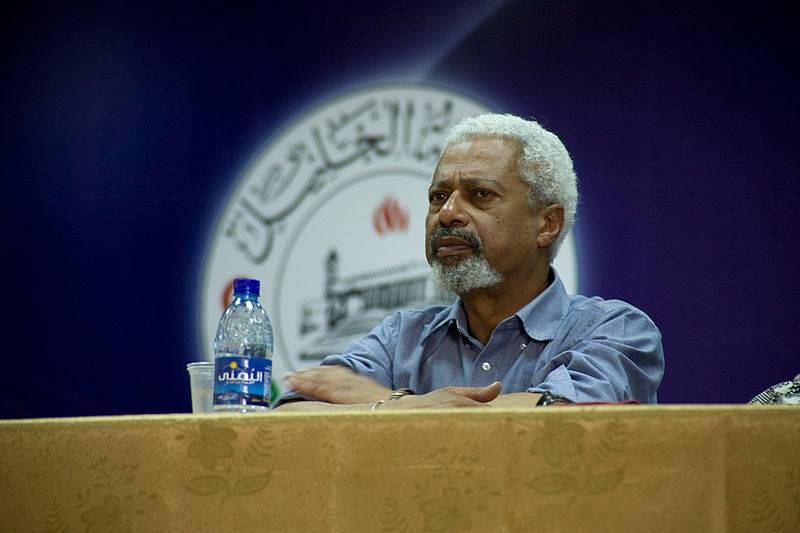Gurnah said Britain has become more aware of racism over the decades and had “accelerated” discussion of its imperial past. But “institutions, it seems to me, are just as mean, just as authoritarian as they were.”…reports Asian Lite News.
Nobel literature laureate Abdulrazak Gurnah has criticised the “lack of compassion” of governments, including Britain’s, that treat migrants as a problem or a threat, media reported
Tanzania-born UK-based post-colonialist novelist Abdulrazak Gurnah, whose oeuvre mainly deals with the physical and mental disruptions faced by refugees, was on Thursday conferred the Nobel Prize in Literature for 2021.
Announcing the award – the first to a non-European writer since Japan-born Kazuo Ishiguro in 2017 – the Swedish Academy cited his “uncompromising and compassionate penetration of the effects of colonialism and the fate of the refugee in the gulf between cultures and continents”.
Born in the Indian Ocean island of Zanzibar in 1948, Gurnah reached the UK as a refugee at the end of the 1960s. After his PhD in 1982, he began his academic career with teaching at a Nigerian university and is currently a Professor and Director of Graduate studies at the UK’s University of Kent. His focus is on postcolonial writing and in colonial discourse, with focus on Africa, the Caribbean and India.
He said the tribulations faced by migrants hadn’t lessened in the decades since he left his homeland. “It might seem as if things have moved on, but once again you get new arrivals, same old medicine,” Gurnah told reporters a day after winning the prize. “Same old ugliness in the newspapers, the mistreatment, the lack of compassion from the government.”
Gurnah said Britain has become more aware of racism over the decades and had “accelerated” discussion of its imperial past. But “institutions, it seems to me, are just as mean, just as authoritarian as they were.”
He said Britain’s detention of asylum-seekers and the Windrush scandal, in which thousands of long-term residents of the U.K. from the Caribbean were caught up in crackdown on illegal immigration, “seem to me to be just continuations of the same ugliness.”
Beginning with “Memory of Departure” (1987), his 10 novels include the Booker and Whitbread-nominated “Paradise” (1994), with the most recent being “Afterlives” (2020).
He has also a collection of short-stories titled “My Mother Lived on a Farm in Africa” (2006) to his credit.














